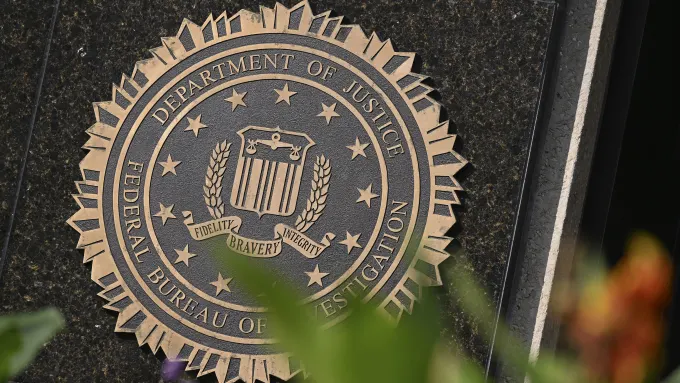
According to the official IRNA news agency, “the Supreme Council of Cyberspace members unanimously decided to lift the ban on Google Play and WhatsApp.”
The president leads the council, which also consists of the speaker of the legislature, the head of the court, and a number of ministries.
Sattar Hashemi, the minister of communications, stated on X that “today we took the first step towards lifting internet restrictions with unanimity and consensus.” When the decision would take effect was not immediately apparent.
The action has generated debate in Iran, where opponents of the restrictions claim the measures were expensive for the nation.
“On X Tuesday, presidential adviser Ali Rabiei stated that the restrictions have only caused ire and increased the expenses of people’s lives.” Masoud Pezeshkian, the president, is in favor of lifting restrictions and does not think that restrictions are beneficial to the nation or its citizens.
“This issue is not helpful to the country’s security, according to all experts,” Vice President Mohammad Javad Zarif stated on Tuesday. Others cautioned against removing the restrictions.
According to a report published on Tuesday by the reformist Shargh daily, 136 members of the 290-member parliament wrote to the council, claiming that the action would be a “gift to (Iran’s) enemies.”
Only “if they are committed to the values of Islamic society and comply with the laws of” Iran, the parliamentarian demanded, would they grant access to restricted web platforms.
Apps remain restricted. Foreign corporations that operate well-known international apps have previously been urged by Iranian officials to open representative offices in Iran.
The American behemoth Meta, which owns WhatsApp, Instagram, and Facebook, has stated that it has no plans to open headquarters in the Islamic republic, which is still subject to US sanctions. Over time, Iranians have become used to circumventing internet restrictions by utilizing virtual private networks, or VPNs.
After being banned in 2009, other well-known social media sites including Facebook, X, and YouTube are still forbidden. In April 2018, a court order also prohibited Telegram.
- VIDEO: Portugal Stuns Germany 2-1 to Reach UEFA Nations League Final
- Nigeria’s Worsening Flood Crisis: Over 200 Dead, Millions Affected
- FG Declares June 6, 9 Holidays To Mark Eid-ul-Adha Celebrations
After countrywide demonstrations occurred following Mahsa Amini’s death in detention in September 2022, Instagram and WhatsApp were added to the list of restricted applications.
Amini, a 22-year-old Kurdish Iranian, was taken into custody for allegedly violating Iran’s female clothing code. The ensuing months-long nationwide protests resulted in thousands of demonstrators being arrested and hundreds of people being killed, including dozens of security personnel.
When he ran for government in July, Pezeshkian promised to loosen the long-standing internet prohibitions.
In recent years, Iran has replaced popular foreign applications with domestic ones. Bale, Ita, Rubika, and Soroush were introduced as local messaging apps that can also be used for making calls, and Neshan and Balad were introduced for navigation, while Snapp! or Tapsi were introduced for ride-hailing.
–Deeprows Tech
Discover more from
Subscribe to get the latest posts sent to your email.


